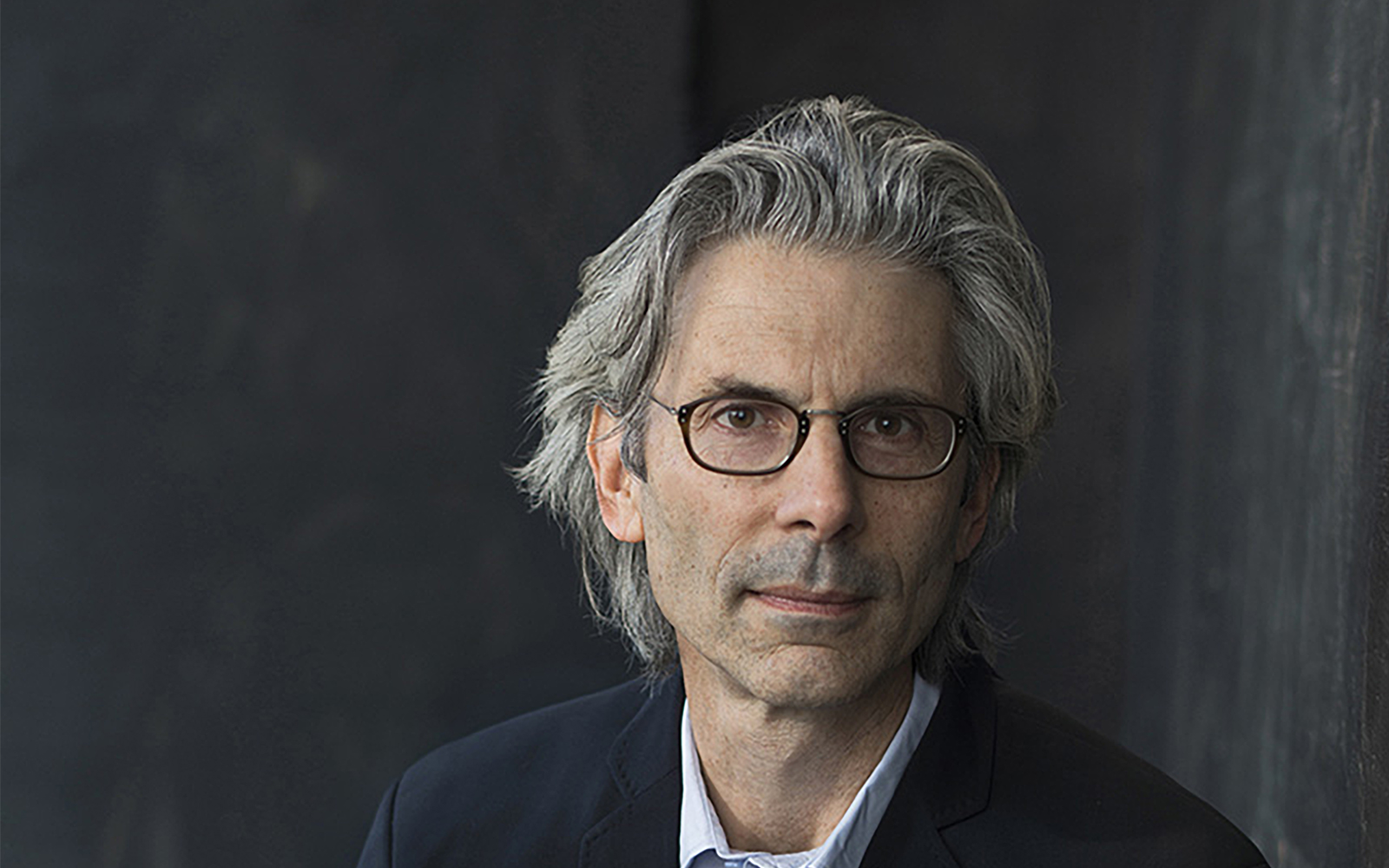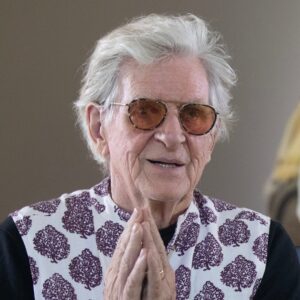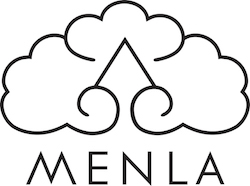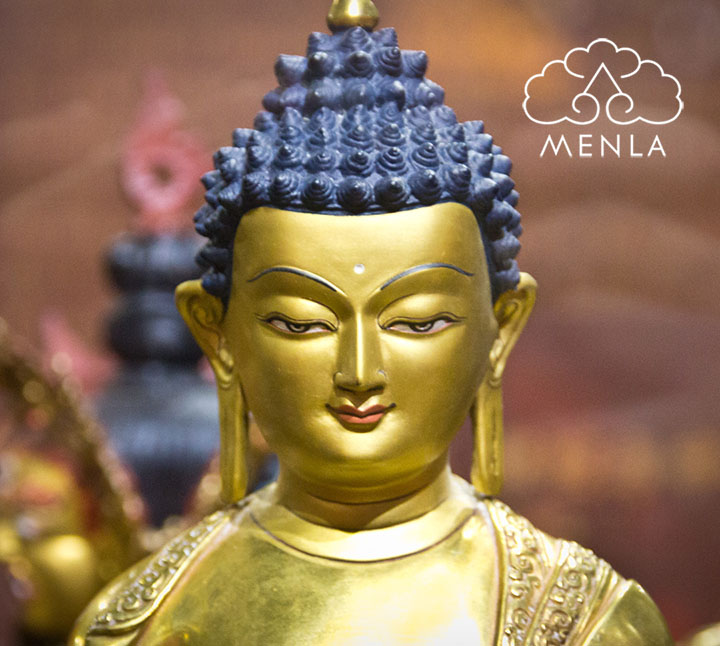Going to Pieces Without Falling Apart: The Best of Buddhism & Psychotherapy - Sponsored by Tibet House US
With Mark Epstein, M.D. and Robert A.F. Thurman
August 22 - 24, 2025
For many years, much of Western psychology has promised fulfillment through the building up and strengthening of the ego. We are taught that the ideal is a strong, individuated and confident self, constructed and reinforced over a lifetime. But Buddhist psychology has always counseled a different approach. While the ego has its place, happiness is not seen as coming from any kind of acquisitiveness, be it material or psychological, happiness is understood as coming from letting go. In Western psychology, this understanding, which sits at the center of Buddhist thought and practice, has been articulated most clearly by the British child analyst Donald Winnicott when he wrote of the need for what he called ‘unintegration,’ differentiating it from both ego integration and complete disintegration. Unintegration is the ability to go to pieces without falling apart, as can happen in meditation, in play, in imagination, in love and sex, or even, at times, in therapy. In Tibetan Buddhism, this insight is codified in the nicknames given for the four stages of Highest Yoga Tantra: Looking, Smiling, Embracing and Orgasm, because the closest we can come in ordinary life to the happiness of the Buddha comes in our love relations.
This weekend’s workshop will encourage the relaxation of the ever-vigilant mind in order to experience the freedom that comes from relinquishing control. We will draw on the best of psychotherapy and Buddhism: the teachings of Winnicott and the great 14 th century Tibetan lama Tsongkhapa, as filtered through, and interpreted by, Mark Epstein and Robert Thurman. Weaving meditation, discussion, personal reflection, and, ideally, inspiration, we will invite participants to experience how this neglected capacity has the potential to reinvigorate our minds.
Please note that 13 CE hours are being offered for this retreat for psychologists:
Information on Continuing Education Credit for Health Professionals
- CE credits for psychologists are provided by the Spiritual Competency Academy (SCA) which is co-sponsoring this program. The Spiritual Competency Academy is approved by the American Psychological Association to sponsor continuing education for psychologists. Spiritual Competency Academy maintains responsibility for this program and its content.
- The California Board of Behavioral Sciences accepts CE credits for LCSW, LPCC, LEP, and LMFT license renewal for programs offered by sponsors of CE who are approved by the American Psychological Association.
- LCSW, LPCC, LEP and LMFTs, and other professionals from outside of California need to check with their state licensing board as to whether or not they accept credits from programs offered by approved sponsors of CE by the American Psychological Association.
- SCA is approved by the California Board of Registered Nursing (BRN Provider CEP16887) for licensed nurses in California. RNs must retain their certificate of attendance for 4 years after the course concludes. Nurses outside of California must confirm acceptance with their licensing boards.
- For questions about your certificate or the content, logistics, or other support issues regarding this course, please contact Liz Leacock at liz@menla.org.
For questions about whether APA CE is valid for you, contact your licensing board directly.
For general questions about APA CE, contact SCA at info@spiritualcompetencyacademy.com.
THIS PAGE IS FOR IN-PERSON ATTENDANCE REGISTRATION. TO REGISTER FOR ONLINE/VIRTUAL ATTENDANCE, PLEASE CLICK HERE
* The style of the upcoming teachings differs from traditional, academic presentation. What is being relayed is not simply information, but an invitation into a living wisdom tradition. At the heart of the retreat experience, is the presence of teachers, and the presence of yourself, as student. This relational emphasis, and your innate capacity to absorb, question, and clarify are your keenest assets in an unfolding, and at times, unpredictable atmosphere of learning.
Schedule
Friday, August 22
- 3 – 8 pm Arrival & Check-in
- 6 – 7 pm Dinner
- 7:30 pm Welcome and Opening Class
Saturday, August 23
- 7 – 8 am Tibetan Nejang Yoga
- 8 – 9 am Breakfast
- 9:30 – 12 pm Morning Class
- 12:30 – 1:30 pm Lunch
- 1:30 – 4 pm Free Time for Spa Treatments, Relaxation, etc.
- 2 – 3:30 pm Qi Gong Class
- 4 – 6 pm Afternoon Class
- 6 – 7 pm Dinner
- 7:30 pm Evening Class
Sunday, August 24
- 7 – 11 am Check-out of Rooms
- 7 – 8 am Tibetan Nejang Yoga (CC Main Hall) or Qi Gong (Devi Room)
- 8 – 9 am Breakfast
- 9:30 – 12 pm Closing Class
- 12:30 – 1:30 pm Lunch & Departure
*Please note that the schedule is subject to change at any time.
About the Leaders

Mark Epstein, M.D.
Mark Epstein, M.D. is a psychiatrist in New York City and the author of a number of books about the interface of Buddhism & psychotherapy, including Thoughts without a Thinker, Going to Pieces without Falling Apart, Going on Being, Open to Desire, Psychotherapy without the Self, The Trauma of Everyday Life & Psychotherapy without the […]
Learn more about Mark Epstein, M.D.
Robert A.F. Thurman
Robert Thurman is Professor of Indo-Tibetan Buddhist Studies at Columbia University as well as co-founder and President of Tibet House US and it's Menla Retreat & Spa. A world-wide lecturer on Tibetan Buddhism, activist for the plight of the Tibetan people, translator of Buddhist texts, and writer of popular Buddhist books. He recently has been awarded […]
Learn more about Robert A.F. ThurmanCategories : Menla Retreat (all retreats), Menla THUS

